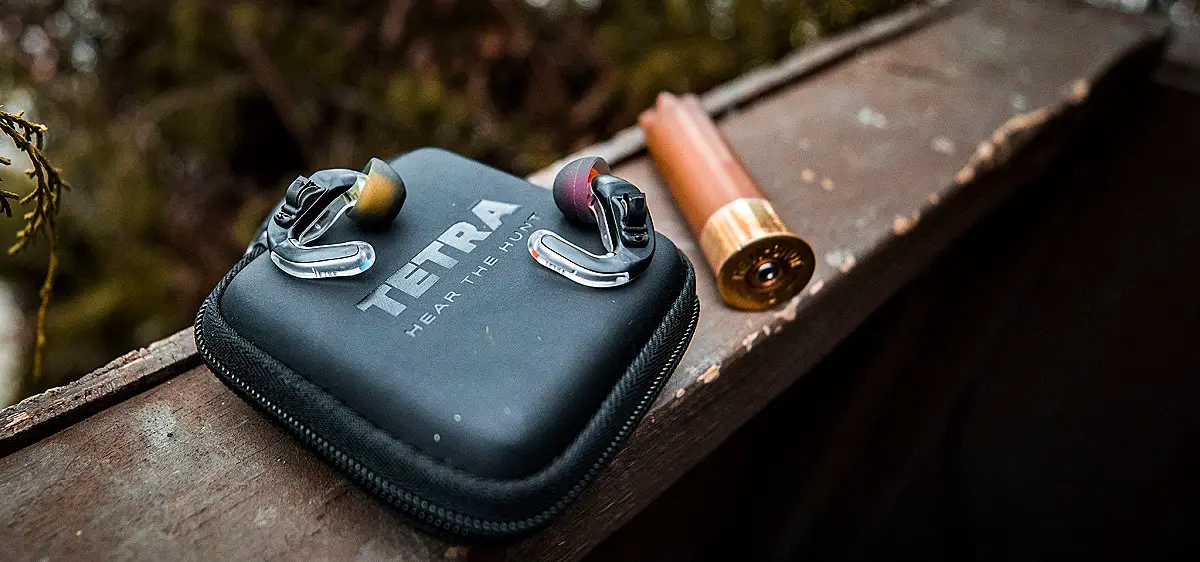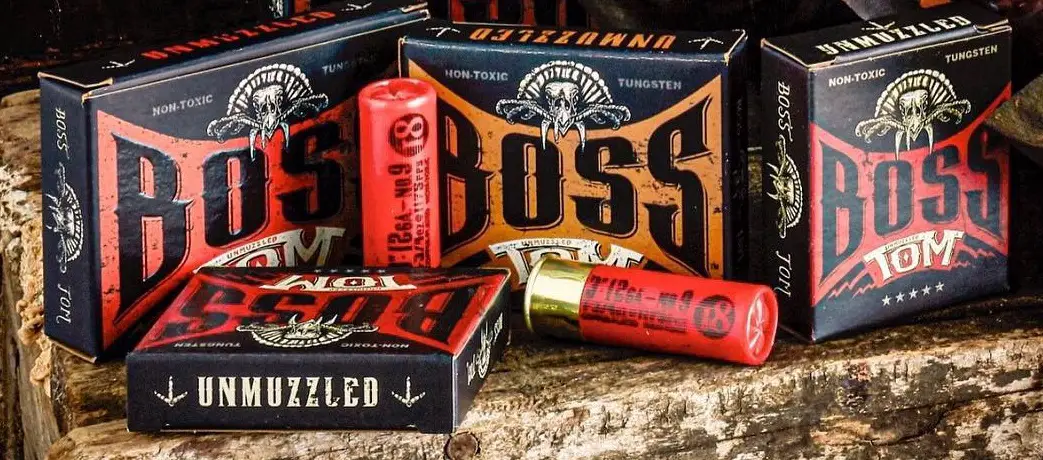Every time I hear someone laboring to try and make wild turkey meat palatable, it blows a fuse in mind. While turkey is delicious! On this episode I share secrets, that shouldn’t be secrets, for how to make wild turkey taste great.
Take Always
- Here is the meat thermometer I mentioned in the episode.
- Unfortunately, most hunters are not great cooks and most people’s approach to cooking game lacks some basic principles for preparing it well.
- Just because someone else says they like it and it tastes good does not mean they have any idea how to cook well. But that also doesn’t mean the meat cannot be cooked well.
- Wild turkey is not chicken, don’t try to cook it like chicken!
- Wild turkey is not store-bought turkey, don’t try to cook them the same!
- Most people have no experience whatsoever cooking any turkey outside of thanksgiving style. There is a big knowledge gap!
- Wild turkeys are lean well exercised birds. They MUST NOT be overcooked and dry out quickly.
- Listen to the episode to hear the wild turkey cooking secrets.


